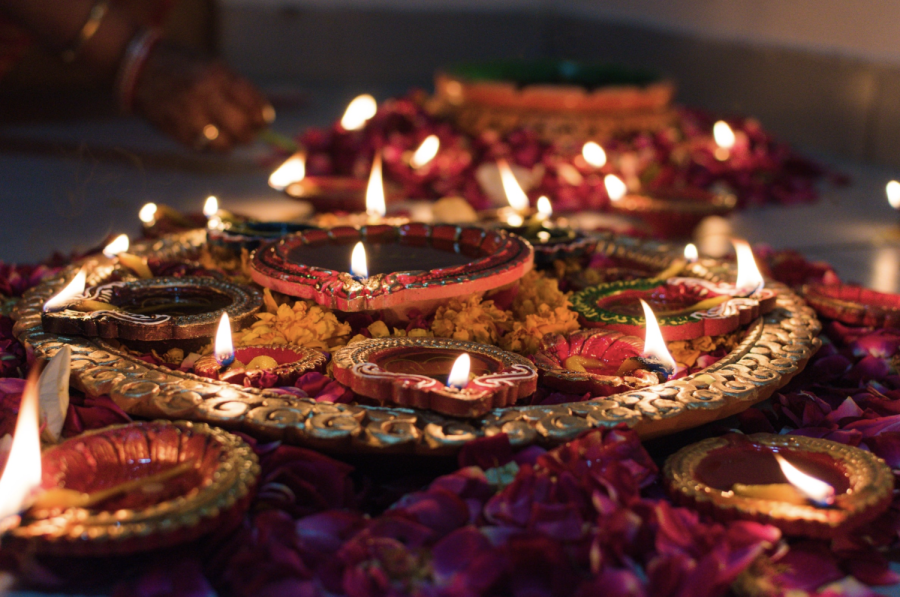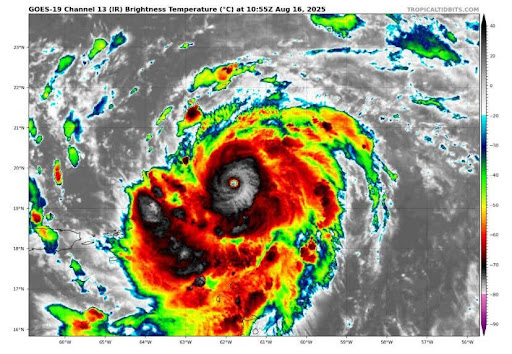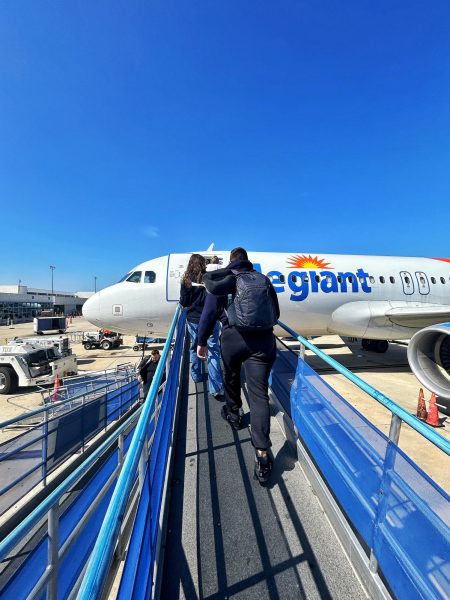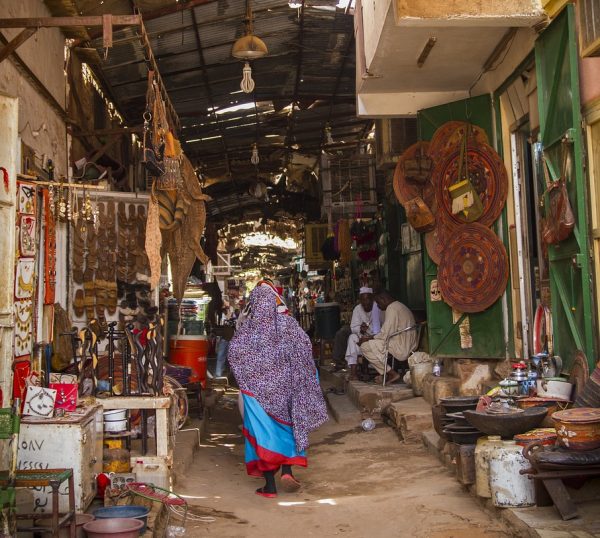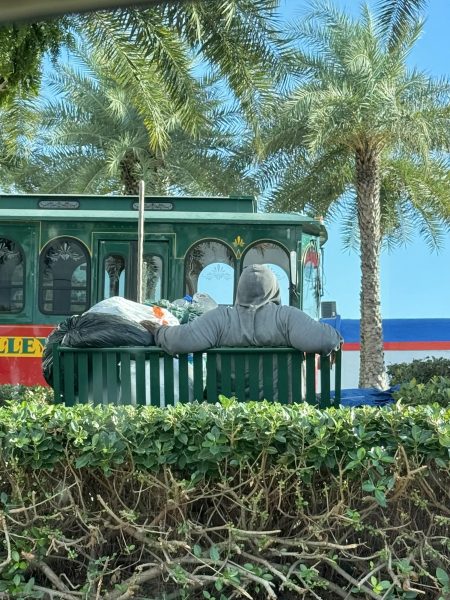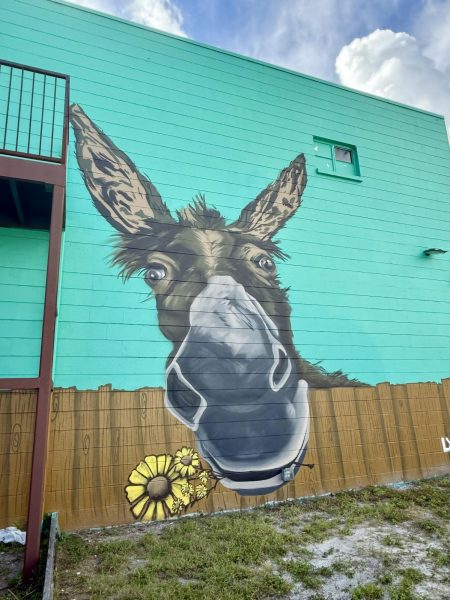Diwali: A Festival of Lights
“By looking at the American holiday season through the lens of another culture, one can better understand other people and what they hold sacred.”
As the holiday season approaches, holidays such as Thanksgiving and Christmas become ever-present in the minds of people across the country. It can be easy to forget other seasonal holidays, especially ones that are primarily celebrated in other nations. In order to provide some recognition to a holiday that is important in my Indian heritage, I had the opportunity of interviewing my grandmother about the Hindu holiday of Diwali.
Diwali is the biggest festival among Hindus, a five-day celebration in time with the lunar calendar. It symbolizes the victory of good over evil, and is derived from the story of the Ramayana, in which Rama victoriously returns from a 14-year exile and subsequent war. In India, people hang lights, decorate homes, and gift neighbors presents. In Northern India, Diwali often aligns with the end of the farming season, so the holiday is often accompanied by large feasts.
In India, the celebration is a large, extravagant affair. My grandmother recalls getting new clothes and eating lots of “good foods, especially sweet treats.” Along with her family, she would gather with neighbors to celebrate the holiday. At night, she would “leave a light on for Lakshmi”, the Hindu goddess of wealth and good fortune. Now, after moving to America, the festivities for Diwali are far more “subdued.” My grandmother often celebrates the holiday by lighting a lamp and doing a puja, or prayer, to Lakshmi, thanking her for all her blessings. Occasionally, she will celebrate with some of her Hindu neighbors, by gathering together for a feast followed by a sweet treat.
Although her celebration of Diwali has changed, my grandmother remarks that it was not difficult to transition from celebrating in India to celebrating in America. In fact, she believes that the holiday “feels much more precious” now that she observes it in America. In India, the holiday seemed to be more of something “that just happened,” causing her to appreciate it less. However, by observing it now, Diwali feels much more intimate and purposeful. She is able to reflect on why she is celebrating more easily, and additionally has a closer, deeper bond with her friends that celebrate alongside her.
Although I do not celebrate Diwali myself, I am grateful to have family members that do. By looking at the American holiday season through the lens of another culture, one can better understand other people and what they hold sacred.


